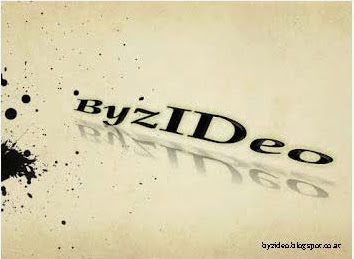Workshop, November 25-26, 2016, Athens
Organized by Nikos Tsivikis, Amorium Urban Archaeology Project, IMS/FORTH
Venue: Greek Archaeologists Union building, 134 Ermou str. Athens
The city of Amorium, located in Phrygia in the Asia
Minor highlands, has been under excavation and systematic research for almost
three decades. A large number of scientific publications, articles in
peer-reviewed journals, and a special series dedicated to Amorium, the Amorium
Reports that number already five volumes, have seen the light as the main
research products of this archaeological activity along with considerable
amount of popularizing guide books. The impact of Amorium excavation has
affected considerably the contemporary archaeological approach to Byzantine
Early Medieval and Middle Byzantine cities.
Amorium has also been the
stage of international cooperation for many years, and in this way it continues
to bring together scholars from Turkey with colleagues from across the world.
Many of our historical questions though are in an early stage, seeking for
answers that the continuation of the excavation and new research will provide.
At the same time innovative archaeological methods (e.g. geophysical survey,
satellite imagery, LIDAR modelling) and modern approaches are being applied at
Amorium, making the project one of the pioneers in the field of Byzantine
archaeology.
Aim of this workshop is to
bring together the members of Amorium Excavations team to confer on the most
recent field work and state of research. Additionally we hope to further
establish a dialogue on Amorium with other scholars of Byzantium that face
similar historical and archaeological questions. In the center of such a discourse
stand the challenges of Byzantine historical archaeology and our understanding
of the period between the 7th and 11th c. AD, and the evolution of Byzantine
urbanism with the formation of “new” or renewed urban centers as provincial
capitals, this largely being the essence of the new thematic system. This
process is evident in the field, but also is elucidated in the historical
sources. In result our two-day thematic workshop will address all kind of
questions on material culture, architecture, landscape archaeology, textual
history and many more concerning the Middle Byzantine cities.
All presentations and discussion will be in
English.



No comments:
Post a Comment